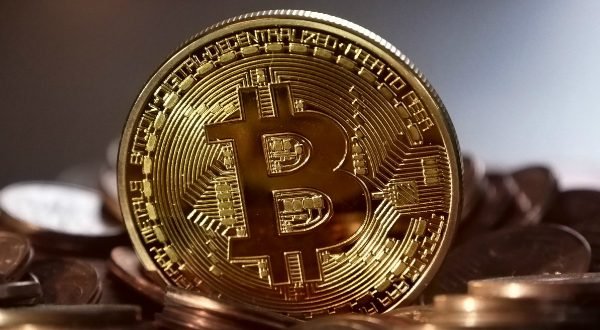WHAT IS BITCOIN?

The 2008 financial crisis caused a lot of people to lose trust in banks as trusted third parties. Many questioned whether banks were the best guardians of the global financial system. Bad investment decisions by major banks had proved catastrophic, with rippling consequences.
Bitcoin — also proposed in 2008 — presented something of an alternative.
According to its whitepaper, Bitcoin was a “peer-to-peer electronic cash system.” It would allow for online payments [to move] from one party to another without going through a financial institution.”
In other words, Bitcoin made digital transactions possible without a “trusted intermediary.” The technology allowed this to happen at scale, globally, with cryptography doing what institutions like commercial banks, financial regulators, and central banks used to do: verify the legitimacy of transactions and safeguard the integrity of the underlying asset.
Bitcoin is a decentralized, public ledger. There is no trusted third party controlling the ledger. Anyone with bitcoin can participate in the network, send and receive bitcoin, and even hold a copy of this ledger if they want to. In that sense, the ledger is “trustless” and transparent.
The Bitcoin ledger tracks a single asset: bitcoin (Note: “Bitcoin” capitalized refers to the Bitcoin ledger, or protocol, while “bitcoin” in lowercase refers to the currency or a unit of account on the Bitcoin ledger).
The ledger has rules encoded into it, one of which states that there will only ever be 21M bitcoin produced. Because of this cap on the number of bitcoins in circulation, which will eventually be reached, bitcoin is inherently resistant to inflation. That means that more bitcoin can’t be printed at a whim and reduce the overall value of the currency.
All participants must agree to the ledger’s rules in order to use it.
Bitcoin is politically decentralized — no single entity runs bitcoin — but centralized from a data standpoint — all participants (nodes) agree on the state of the ledger and its rules.
A bitcoin or a transaction can’t be changed, erased, copied, or forged – everybody would know.
That’s it, and it’s a big deal.
